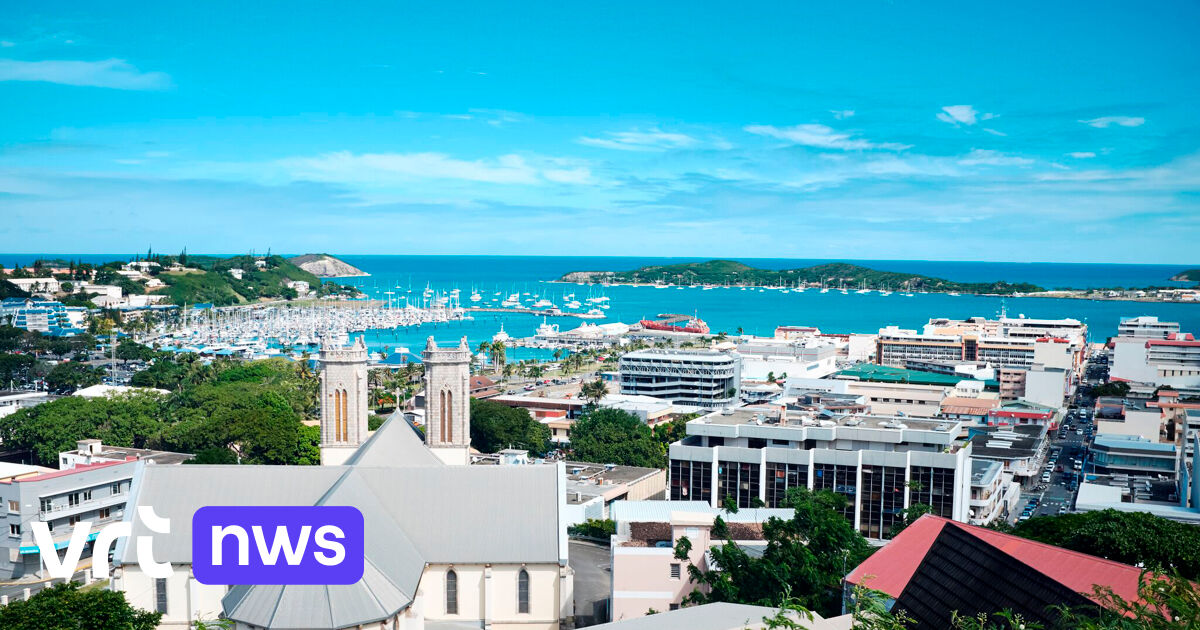The South Pacific archipelago, 18,000 kilometers from Paris, was annexed by France in 1853. After the Second World War it became a French overseas territory, which led to more rights for the Kanaken, the original inhabitants of the archipelago.
In the 1980s, the archipelago experienced severe nationalist tensions, which eventually led to the Nouméa Agreement in 1998. Nouméa is the capital of New Caledonia. That agreement provided for greater autonomy and a referendum on self-determination by November 2018 at the latest. According to that agreement, a total of three referendums on the issue could be organized by 2022 at the latest.
In the first referendum on November 4, 2018, 56.7 percent of voters voted against France’s split. So in the second referendum that percentage has fallen slightly. Just under 300,000 people live in New Caledonia.
So for the time being New Caledonia will remain part of France. French President Emmanuel Macron has already responded, “with a deep sense of recognition and humility”.
–


